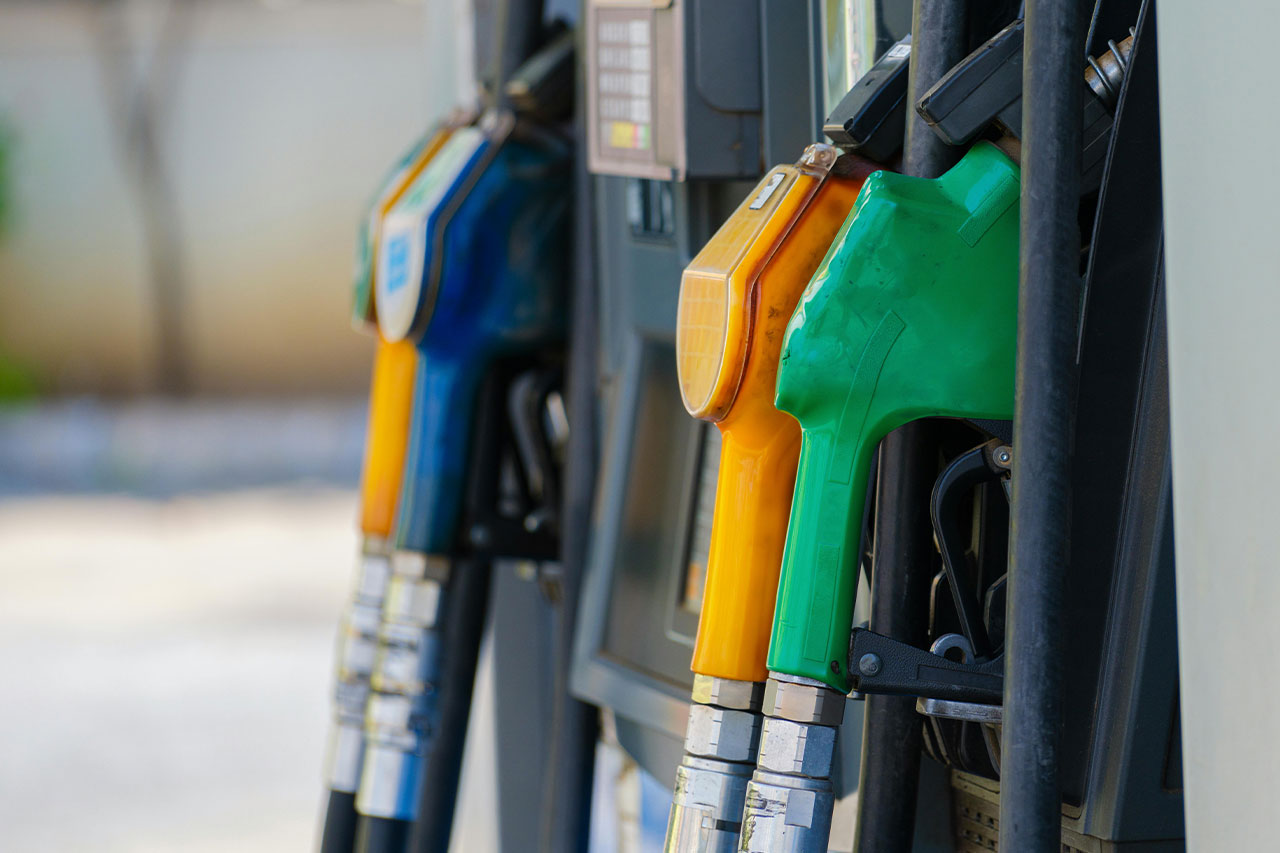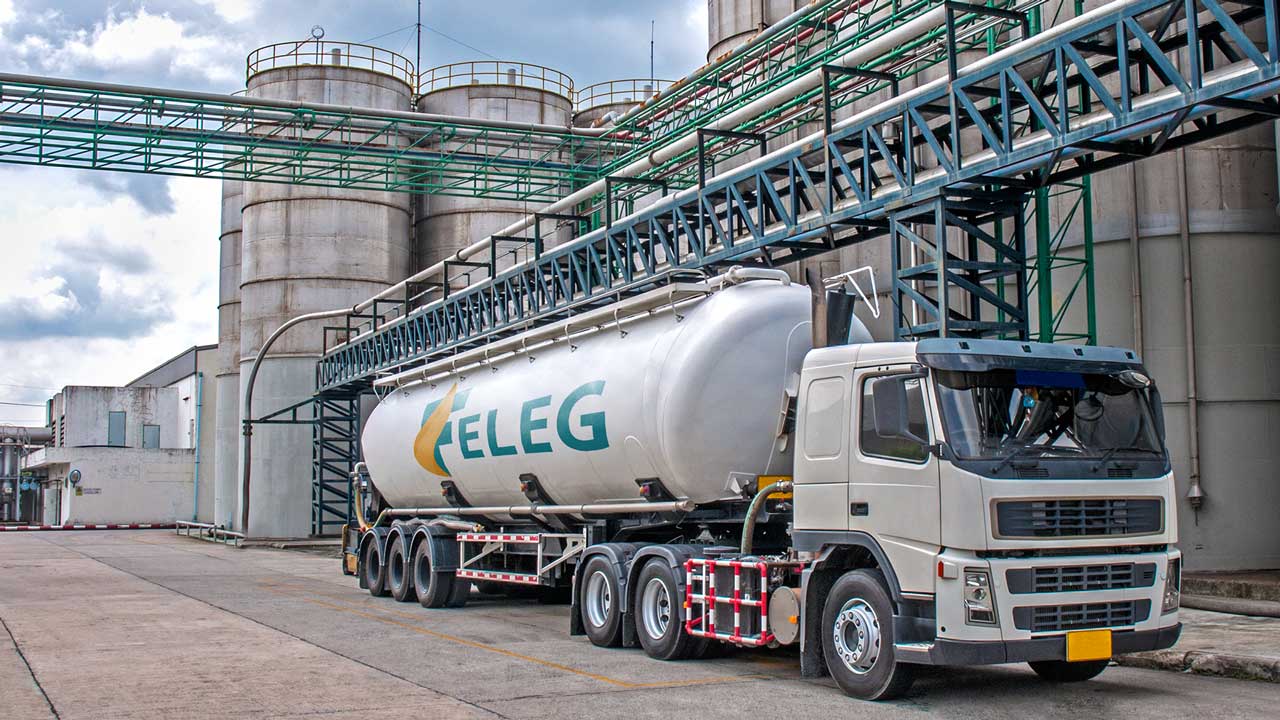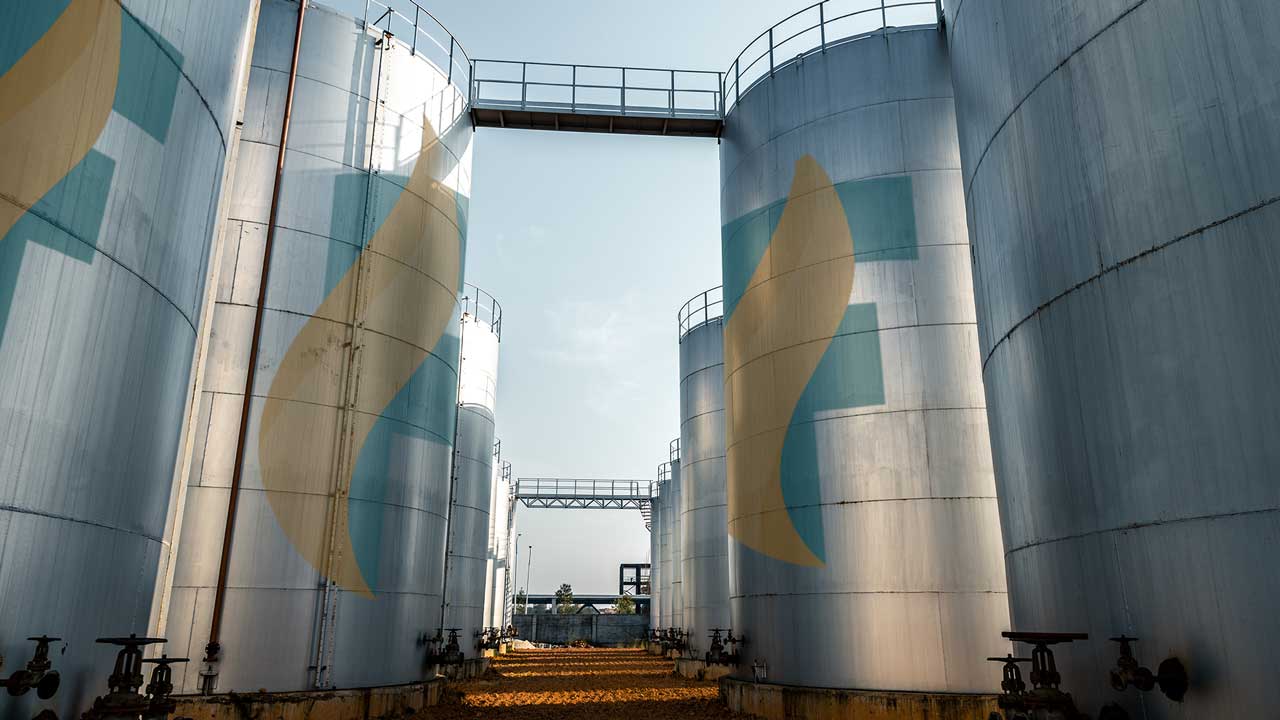Introduction
The Kenyan government recently doubled the fuel levy, from 8% to 16%. This move has been met with mixed reactions, with some people arguing that it is necessary to raise revenue for the government, while others argue that it will have a negative impact on the economy.
The doubling of the fuel levy is expected to have a number of impacts on the Kenyan economy. First, it will lead to an increase in the price of fuel. This will have a knock-on effect on the prices of other goods and services, as transportation costs will increase. Second, it will reduce the purchasing power of consumers, as they will have less money to spend on other goods and services. Third, it will make it more difficult for businesses to operate, as their costs will increase.
The impact of the doubling of the fuel levy will vary depending on the sector. For example, the transport sector will be particularly affected, as the cost of fuel is a major component of their operating costs. The agricultural sector will also be affected, as the cost of transporting goods to market will increase.

The doubling of the fuel levy is likely to have a negative impact on the Kenyan economy in the short term. However, it is possible that the long-term impact could be positive if the government uses the additional revenue to invest in infrastructure and other projects that will boost economic growth.
Conclusion
The doubling of the fuel levy is a controversial issue, with both potential benefits and drawbacks. It is too early to say what the long-term impact of this move will be, but it is likely to have a significant impact on the Kenyan economy in the short term.




